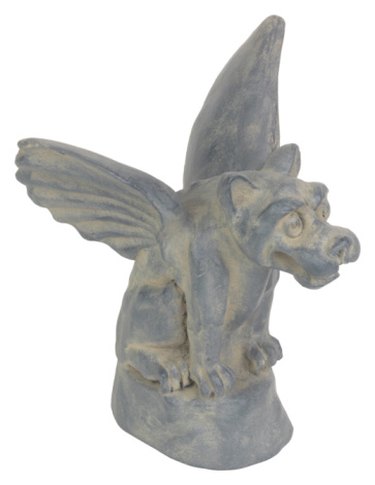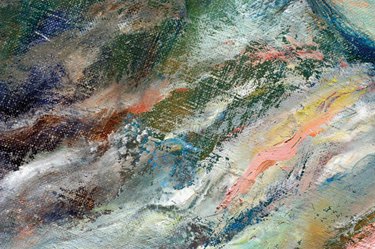
If you have invested time into a resin model kit, building and sanding and filling air holes left from casting, you want your paint job to reflect the care you exercised in all the other facets of its production. Choosing the right painting technique plays a part, as does choosing the best type of paint for the job.
Acrylic
Video of the Day
Acrylic paint is the most versatile type of paint for finishing resin figures. It is water-based and washable while still wet, so any errors can be cleaned away. It can be diluted with water into a wash, giving it a semi-transparent quality that allows you to create many effects. Acrylic comes in many colors and can be mixed easily.
Video of the Day
Enamel
Enamel paints come in the little bottles you may have seen in the model car section of the toy store, although they can be found elsewhere. They can be oil- or water-based. Enamel paints dry to a hard, often glossy finish and are tougher than acrylics.
Oil Paint

Oil paints are exactly what the name suggests: paints made of oil. The oil is mixed with pigments, like ground cobalt or iron oxide. Compared to acrylics, the main difference is that oil paints must be thinned with a solvent, such as linseed oil or chemical paint thinners. Oil paints also take much longer to dry, though the longer drying time lets you blend color on the model while still wet.
Primer
You can use any paint on a resin figure if you use a primer first. Primer is a substance that you paint on the figure as a base coat. You can then paint over it with acrylics, enamels, oils or any other paint or paint technique. Using a primer will give you a more even and uniform surface to paint on, and the primer can help expose flaws that may need your attention before you finish painting.